Posted on June 8, 2018
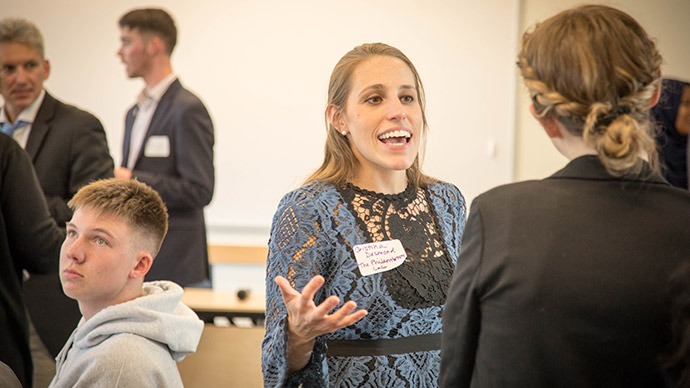
Photo by Colette Cosner, UW Arts & Sciences Communications Specialist
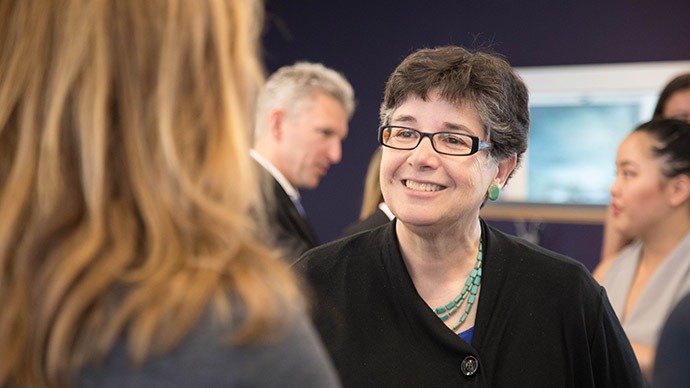
Photo by Colette Cosner, UW Arts & Sciences Communications Specialist
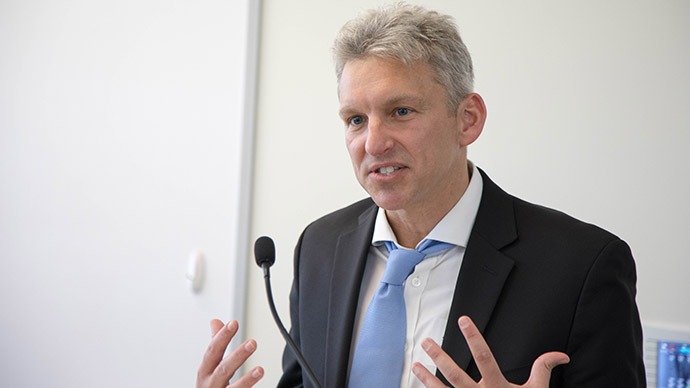
Photo by Colette Cosner, UW Arts & Sciences Communications Specialist
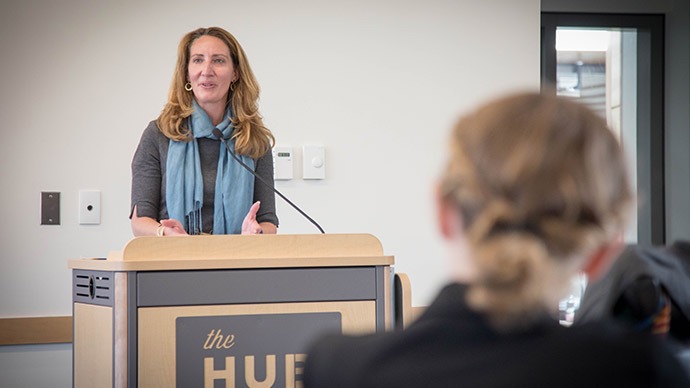
Photo by Colette Cosner, UW Arts & Sciences Communications Specialist
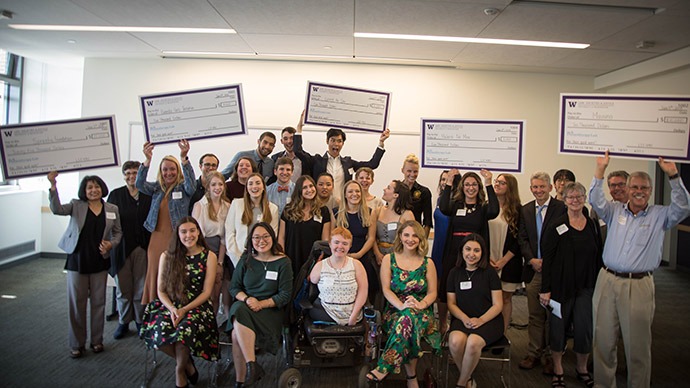
Photo by Colette Cosner, UW Arts & Sciences Communications Specialist
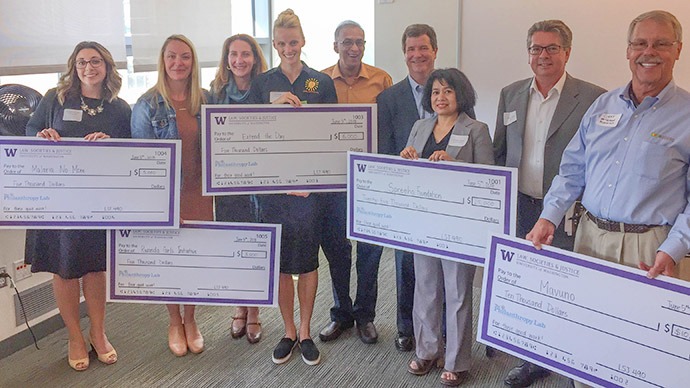
Photo by Andie Long, Global Washington
On Tuesday, June 5, five Global Washington member non-profits received grants from students at the University of Washington for their global programs, ranging from $5,000 to $25,000.
The grant-making was part of a new course on philanthropy for social impact, taught by Stephen Meyers, assistant professor in the UW Department of Law, Societies, and Justice.
Funding for the grants was provided by the Philanthropy Lab, a private foundation that is dedicated to increasing philanthropy education at U.S. universities.
Continue Reading
Posted on May 22, 2018
By Annie O’Donnell
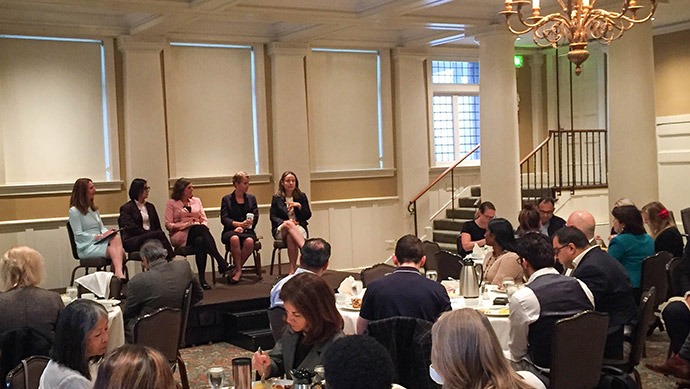
“Banking on Women” – a joint event, organized by Global Washington and the World Affairs Council, held at the Rainier Club on May 10, 2018. Photo: Andie Long/Global Washington.
“It’s really a no-brainer,” says Saara Romu, founder of Selkea, explaining the benefits of financial inclusion for women in global development. Not only does it increase countries’ GDP growth, but it improves the overall well-being of families and communities in developing countries.
Investing in women has repeatedly shown to be the fastest way to impact communities and increase ROI. For this reason, development organizations, the private sector, and policy makers are focusing on deliberate efforts to create access to financial markets for women.
A panel of distinguished women in the field of financial inclusion convened at the Rainier Club on May 10th through an event co-hosted by Global Washington and the World Affairs Council of Seattle.
Continue Reading
Posted on May 3, 2018
By Ulrike Hoessle
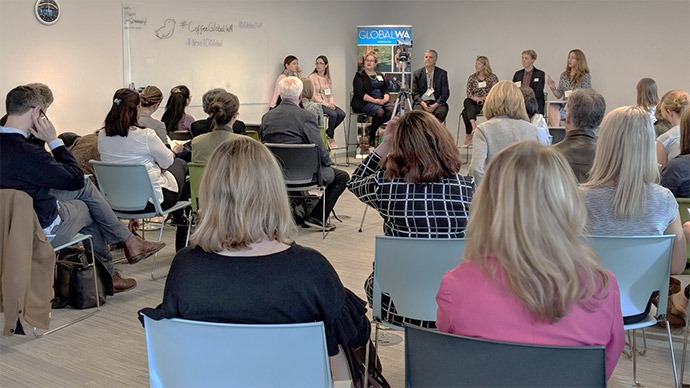
Global Washington reception on women’s empowerment in coffee-growing regions.
Speakers included Andrea Ribeiro Gonçalves Mendes, COOPFAM; KJ Zunigha, Global Partnerships; Frank Rubio, Oikocredit; Kelly Goodejohn, Starbucks; Colleen Anunu, Fair Trade USA; and Kristen Dailey, Global Washington. Photo by Hanna Hwang.
In April 2018, the Global Specialty Coffee Expo returned to Seattle – the “world’s capital of coffee,” according to Global Washington Executive Director, Kristen Dailey. To mark the occasion, Global Washington held a reception alongside the Expo to highlight how its members are working towards women’s empowerment in coffee-growing regions of the world.
Continue Reading







